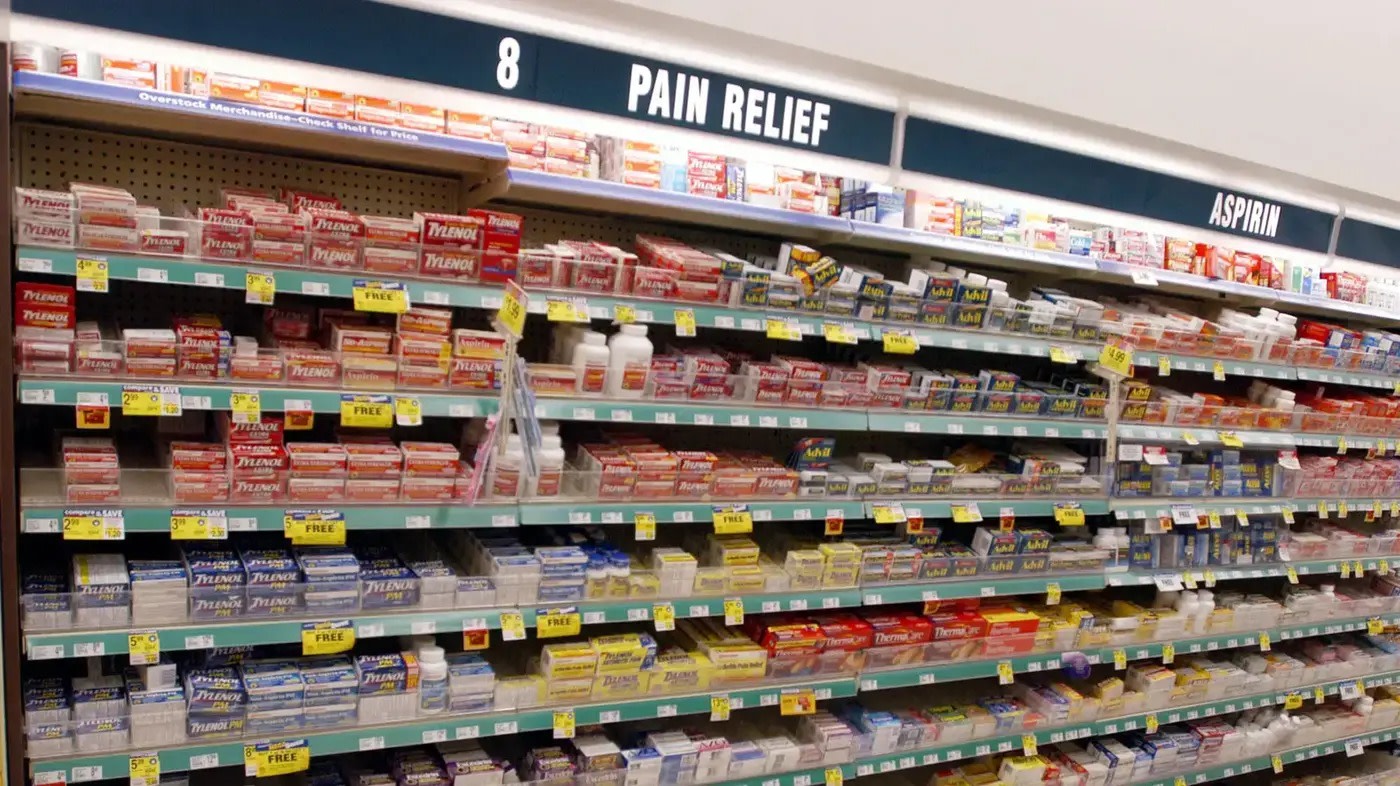Will stress from the Hamas war drive Israelis to drug addiction?

Amid the stress of the Israel-Hamas war, the temptation of using drugs and getting hooked on addictive behaviors is a significant concern.
Amid discussions of post-war strategies and rebuilding Gaza, we must also address a looming crisis - the impact of psychological and emotional distress on our coping mechanisms.
The allure of addictive substances and behaviors as an escape from our painful reality is stronger than ever. Alcohol, drugs, prescription medications, and other vices may temporarily numb our emotional pain, but they offer no lasting solution. To truly rebuild and foster resilience for the future, we must adopt healthier coping strategies.
In recent weeks, the national trauma has dominated headlines, but the conversation is far from over. We find ourselves trapped in an unthinkable reality, confronted daily by heart-wrenching stories and a disrupted routine.
Collective stress and trauma breed fear, anxiety, and despair. In response, many turn to drugs and other addictive substances for a brief respite from the overwhelming world. This impulse is entirely relatable; for some, it's the only way to "shut out the world" for a few hours.
The temptation to seek solace in drugs is even more potent for those already relying on them to cope with pain and adversity. However, it's crucial to remember that this temporary escape often intensifies emotional distress, leading to increased loneliness, anxiety, and depression.
Why are people now turning to drugs or other addictive substances?
- Disrupted routines, financial troubles, and relationship strains, compounded by the partial closure of workplaces and schools, limit access to usual coping mechanisms and support systems. As a result, many are drawn to addictive substances for immediate relief.
- Facing deep vulnerability amid unprecedented events can undermine our belief in our ability to cope independently, making external help seem more appealing.
- When we lose control and feel helpless, substances and addictive behaviors offer a semblance of control over our lives and emotions. However, this illusion fades when the substance's effects wear off, potentially leading to dependence.
- In times of acute stress, people may turn to substances commonly used in their social circles for entertainment or as a coping mechanism, seeking a sense of belonging and comfort.
In these challenging times, it's crucial to cultivate resilience and inner strength, steering clear of harmful coping mechanisms. Open communication and emotional expression are effective strategies. Discussing thoughts of using drugs with loved ones can alleviate guilt and shame and can make it easier to seek help.
Promoting awareness and providing non-judgmental information about the risks of substance use, especially in high-stress situations, can guide us toward better choices.
Unity and volunteerism demonstrate our capacity for resilience and belonging, strengthening optimism and reducing the reliance on addictive substances and behaviors. In times of adversity, acknowledging these bright spots can be a source of solace.
**If dealing with addiction, seek professional help and support.
Jerusalem Post Store
`; document.getElementById("linkPremium").innerHTML = cont; var divWithLink = document.getElementById("premium-link"); if (divWithLink !== null && divWithLink !== 'undefined') { divWithLink.style.border = "solid 1px #cb0f3e"; divWithLink.style.textAlign = "center"; divWithLink.style.marginBottom = "15px"; divWithLink.style.marginTop = "15px"; divWithLink.style.width = "100%"; divWithLink.style.backgroundColor = "#122952"; divWithLink.style.color = "#ffffff"; divWithLink.style.lineHeight = "1.5"; } } (function (v, i) { });

